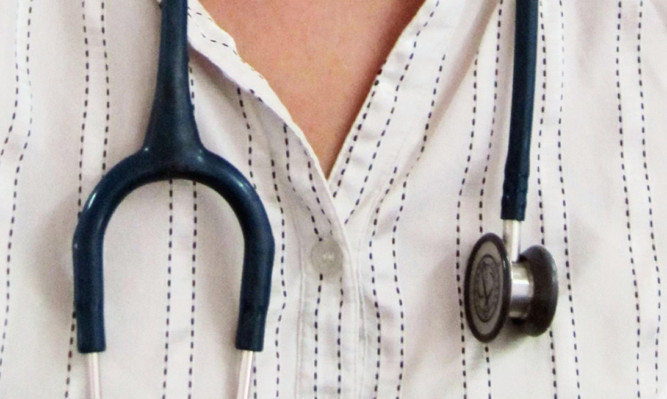Patient care is suffering because medical students are learning bad habits from senior doctors, a study has found.
Researchers at Dundee University and their colleagues at Cardiff University spent eight years collecting stories from more than 4,000 students from across the UK and Australia.
They found evidence that some doctors are failing to treat patients with the dignity they deserve and students under emotional stress feel unable to challenge them and even sometimes copy them.
The research also found instances of students being verbally abused by the people charged with their training. One woman said a doctor had asked if she “had a brain in her pretty head”.
Professor Charlotte Rees of Dundee University was co-author of the study.
She said: “Confronted with these situations students often report experiencing distress. They are freshly instilled with the knowledge of correct practice but feel unable to challenge their superiors, given the hierarchical culture of the workplace.
“Future healthcare professionals find themselves caught in a clash between the strong ethical code taught at healthcare schools and the sometimes failing ethics of the workplace.
“Students’ narratives tell us that these lapses in professionalism by some senior healthcare professionals is sometimes reproduced by students themselves, contributing to a decline in patient care and dignity and to the potential perpetuation of harsh practical training methods with the next generation of healthcare workers.”
Among the stories collected from the students, one complained of “unprofessional, embarrassing behaviour” when treating a dementia patient, involving unnecessary restraint of the patient and a member of the clinical team filming the incident on his camera phone.
A pharmacy student heard someone in a dispensary shout “addict on the floor” and the person concerned was told in front of a roomful of people to go out and use a separate entrance.
Students also complained of abuse from senior clinicians. Testimonies cited verbal abuse, humiliation in front of patients and students being made to do menial and unpleasant jobs as punishment.
One woman said: “Unfortunately the consultant spotted me and said, ‘You there, the decoration. Why did you even come to med school? Do you have a brain in that pretty head? What you need to do is put down that Heat magazine, climb out of bed with your boyfriend, and do some work’.
As a result of the study, medical schools across the UK are now beginning to change their ethical guidelines governing students’ interactions with patients.
